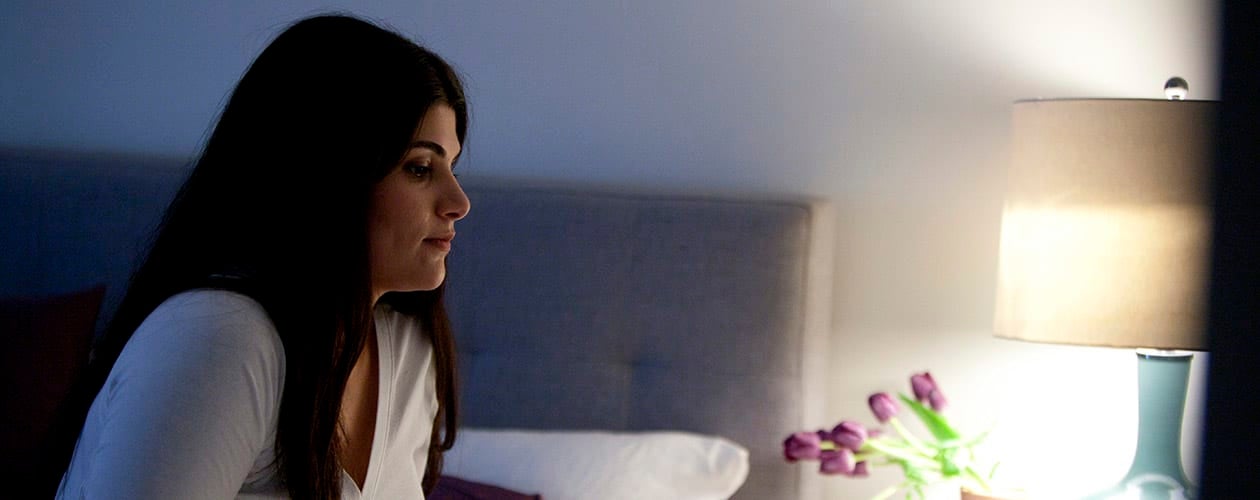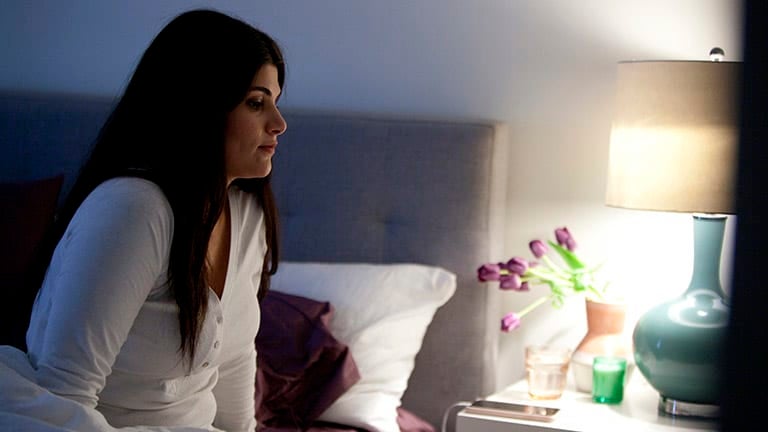Obstructive sleep apnea: treatment options


Sleep apnea is a treatable condition, with a range of treatment options available both privately and on the NHS. Depending on symptoms and severity, sleep apnea treatment ranges from losing weight to using breathing equipment while you sleep. Some cases may require lifelong treatment.
If you think you may have obstructive sleep apnea, book an appointment with your doctor.
If you have sleep apnea, it’s important to seek treatment.
Why? As well as leading to regularly interrupted sleep, sleep apnea can impact on your quality of life and increase the risk of developing certain conditions.
Poorly controlled sleep apnea can increase the risk of hypertension (high blood pressure), stroke, heart attack, an irregular heartbeat and type 2 diabetes.*
Sleep apnea treatment: lifestyle changes
If you suffer from sleep apnea, you may be advised to make changes to your lifestyle. You might also need breathing apparatus or one of the other treatments detailed below.
Lifestyle changes may include:
- losing weight, if you’re overweight or obese;
- reducing the amount of alcohol you drink (particularly before going to bed);
- avoiding sleeping tablets and sedative medicines;
- sleeping on your side, rather than on your back.
While it’s less clear whether smoking cessation can improve the condition, you may be advised to quit for general health reasons.
These have all been shown to help improve and control the symptoms of sleep apnea. In many cases, these lifestyle changes will need to be lifelong.
Sleep apnea treatment: CPAP masks
In addition to adopting a healthier lifestyle, you may also require specialised apparatus.
Continuous positive airway pressure (CPAP)
If you have moderate to severe sleep apnea, you may need to use a continuous positive airway pressure device. This prevents your airways from closing during sleep by delivering a continuous supply of compressed air through a mask covering either your nose or mouth. CPAP is available on the NHS.
What other treatments are available?
Other treatment options include a gum shield-like device, soft palate implants and surgery – although in the majority of cases, surgery is only considered as a last resort when all other treatments have failed.
Scroll down for more info on sleep apnea, and to find out how Kris overcame his sleep apnea by losing weight with WW.
Source: NHS website
*It's unclear if this is the result of an underlying cause, such as obesity.